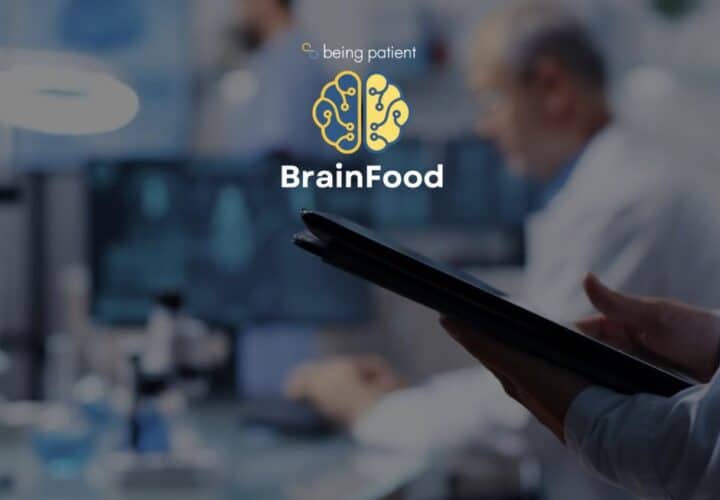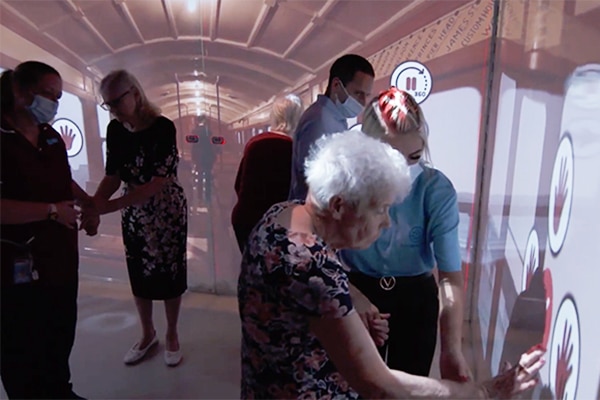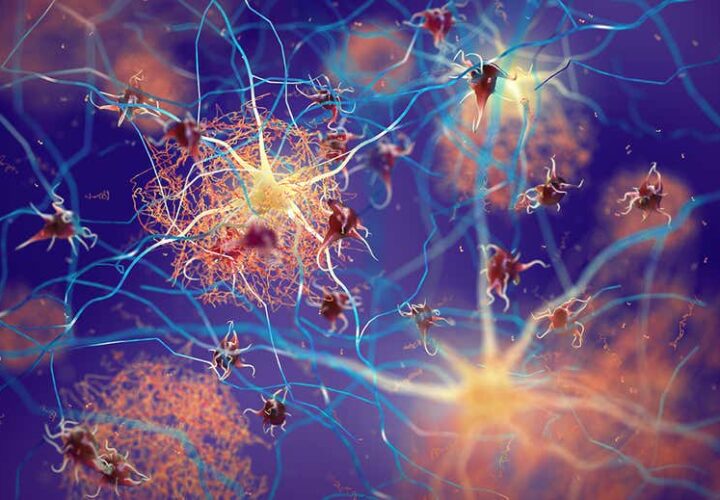Looking back at the research landscape in 2023 and ahead at what's in the pipeline for Alzheimer's and dementia research in 2024.
What were the biggest breakthroughs in Alzheimer’s and dementia in 2023? Watch the video or read a transcript below.
1. The FDA grants full approval to a monoclonal antibody for Alzheimer’s
Leqembi became the first Alzheimer’s drug of its kind to receive full approval from the FDA. The monoclonal antibody drug targets clumps of protein called beta amyloid that build up in the brains of people with Alzheimer’s. Clearing up these protein clumps appears to slow down the progression of Alzheimer’s symptoms and cognitive decline. It’s taken by intravenous infusion once every two weeks. Its predecessor, Aduhelm, still has only partial approval from the FDA.
2. Medicare covers PET scans
A landmark U. S. policy change has made Medicare coverage available for PET scans needed to diagnose Alzheimer’s. A PET scan, which stands for Positron Emission Tomography, involves injecting a safe radioactive marker into the bloodstream that binds to beta amyloid plaques in the brain. When the brain is scanned, the plaques light up. Other than a lumbar puncture, a PET scan is the only way to confirm an Alzheimer’s diagnosis. That could change.
3. Alzheimer’s blood tests become available
Quest Diagnostics launched the first direct to consumer blood test that aims to detect abnormal amyloid levels as a way of flagging Alzheimer’s risk. LabCorp also began offering to doctors a blood test that measures markers for amyloid tau and neurodegeneration. These blood tests are a very new thing, and their accuracy is still being debated.
4. AI advances as an Alzheimer’s diagnostic tool
Researchers expanded the use of artificial intelligence to accelerate doctors ability to detect, diagnose, and observe Alzheimer’s. At the University of Southern California, quantitative neuroscientist Andrei Irimia is using AI to learn more about cognitive decline through measuring how fast people’s brains are aging.
“We found actually that our AI tool was much better able to predict cognitive impairment seen in mild cognitive impairment, for example, and in Alzheimer’s disease — much better than the actual chronological age of the person,” Irimia told Being Patient in a Live Talk. “We hope that this tool will be useful in estimating risk for cognitive impairment, much earlier than currently possible.”
Is Your Brain ‘Old for Its Age’? How AI Measures Cognitive Decline
5. Genetic testing for the Alzheimer’s gene in the spotlight
This year, genetic testing for Alzheimer’s biomarkers has become a big topic. Some of these tests help detect a genetic variant called ApoE4, which has earned the nickname the Alzheimer’s gene. According to experts like Dr. Marwan Sabah, these tests might be necessary for people considering drugs like Leqembi, because carriers of ApoE4 have a higher risk of side effects from Alzheimer’s monoclonal antibody treatments. Meanwhile, Dr. Doris Zallen, the author of To Test or Not To Test, says people should consider a number of factors before testing, including the potential stress the results could bring.
“You don’t get a yes or no answer,” Zallen told Being Patient in a Live Talk. “You don’t get an answer [like] ‘Oh, yes, you will develop the disorder,’ or ‘No, you won’t.’ You get a risk, a probability, and that probability changes over time.” Do the benefits of getting this information outweigh some of the burdens that the information can bring?
Dr. Doris Zallen: The Pros and Cons of Genetic Testing for Alzheimer’s
What does 2024 have in store? New treatments are gearing up for the FDA approval process, new diagnostics are making their way through clinical trials, and cutting edge new treatments from neuromodulation devices to microbiome research are being studied for their potential in slowing, stopping, or preventing Alzheimer’s and other forms of dementia. Stay tuned for updates here on Being Patient.




